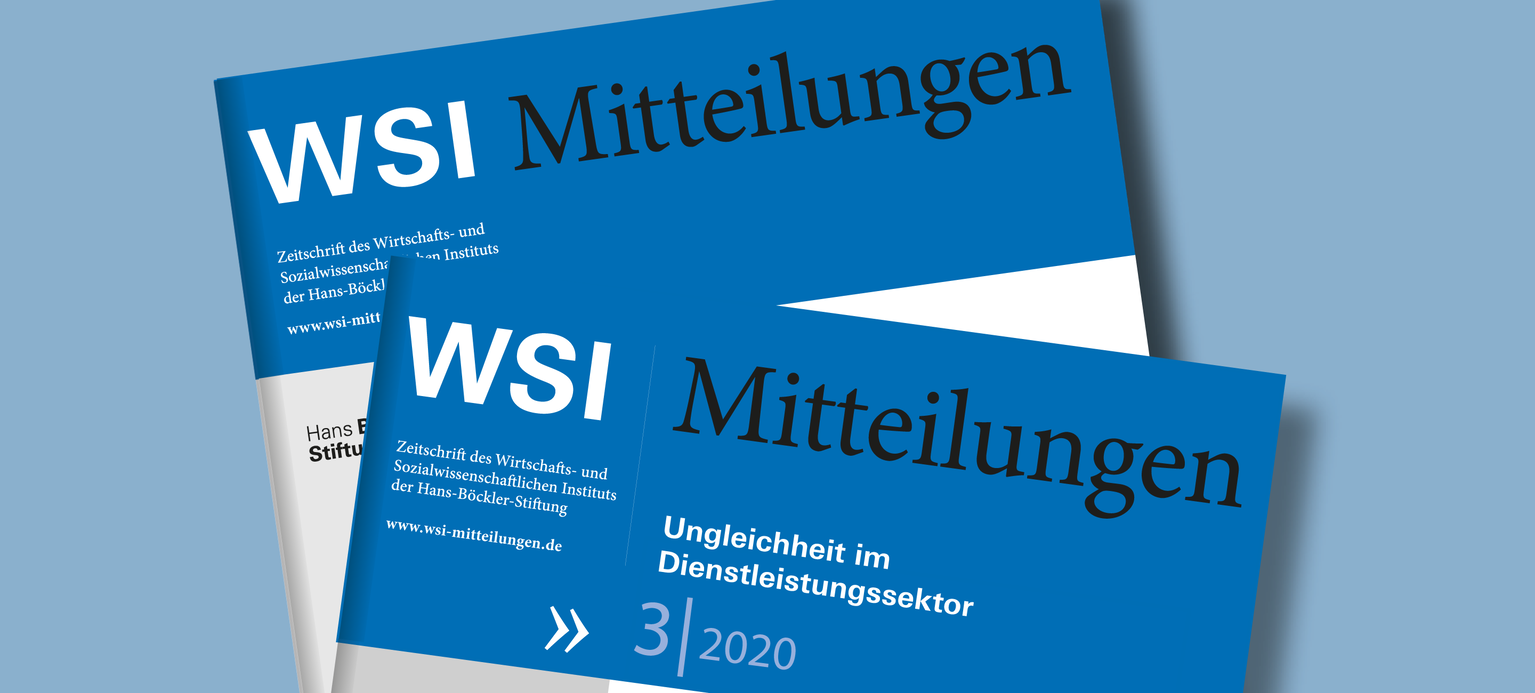Schaupp, Simon : Taylorismus oder Kybernetik? Eine kurze Ideengeschichte der algorithmischen Arbeitssteuerung
Seiten 201-208
Zusammenfassung
Der Begriff des „digitalen Taylorismus“ ist zu einer wichtigen Interpretationsfolie algorithmischer Arbeitssteuerung geworden. Dieser Artikel überprüft, welche Elemente des Taylorismus tatsächlich in der algorithmischen Arbeitssteuerung übernommen wurden und positioniert die Steuerungswissenschaft der Kybernetik als alternative historische Interpretationsfolie. Der Autor folgert, dass der Begriff des digitalen Taylorismus die Aspekte der Segmentierung und Vereinfachung von Arbeitsprozessen und teilweise auch der Informationsasymmetrie adäquat unterstreicht. Allerdings kann der Begriff die zentralen Aspekte des Feedbacks, der Selbstorganisation und der Automatisierung des mittleren Managements sowie der Instabilität von digitalisierten Beschäftigungsverhältnissen nicht erfassen, da diese wesentlich auf die kybernetische Steuerungstheorie zurückgehen. Diese erlebt in der digitalen Arbeitssteuerung eine Revitalisierung, da die Entwicklung digitaler Sensorik die zentrale kybernetische Idee des permanenten Feedbacks zum ersten Mal technisch realisierbar macht.
Abstract
The concept of “digital Taylorism” has become the blueprint for interpreting algorithmic labour control. This article examines which elements of Taylorism actually are adopted in algorithmic labour control and positions cybernetics as an alternative point of reference for historical interpretation. The author concludes that the concept of digital Taylorism adequately underscores the aspects of segmentation and simplification of the labour process and, in part, of information asymmetry. However, the concept cannot capture the central aspects of feedback, self-organisation and automation of middle management, as well as the instability of digitalised employment relationships, since these are essentially based on the cybernetic theory of control. Cybernetics is currently undergoing a revitalisation in the field of digital labour control, since, for the first time, the development of digital sensor technology makes the central cybernetic idea of permanent feedback technically feasible.
